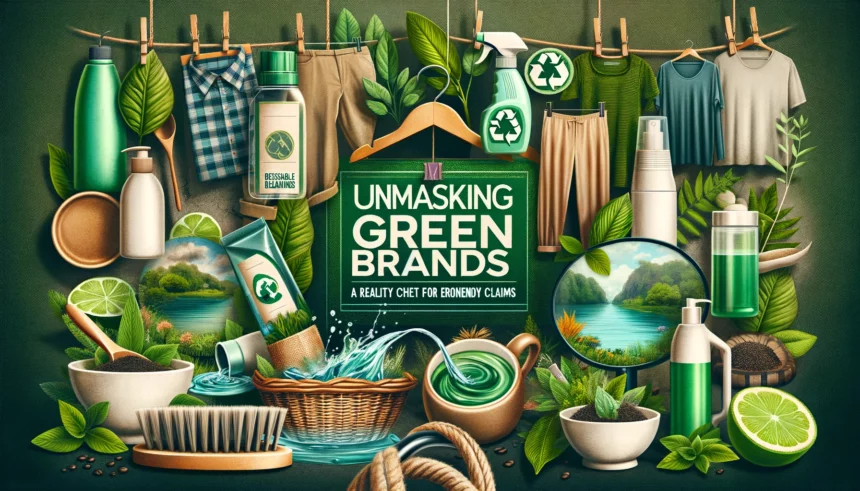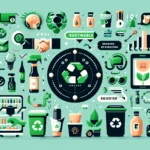Introduction
When we shop, many of us gravitate towards brands that promote themselves as sustainable. It’s appealing, isn’t it? They seem to promise a better future just by choosing them over others. However, have you ever paused and wondered how green these green brands truly are?
What Do We Think is Sustainable?
Back in February 2023, over 4,000 members of Which? shared their thoughts on which brands they see as champions of sustainability. Their picks spanned various sectors like beauty, cleaning, clothing, and food. Interestingly, despite only 57% of respondents claiming a fair grasp of what sustainability entails, their selections tell a story of well-informed consumer instincts.
Key Sustainability Signals:
- Eco-friendly Farming: How brands source their raw materials.
- Clean Ingredients: Preference for non-toxic components.
- Thoughtful Packaging: Innovations in recycling and refill options.
- Certifications: Labels like Fairtrade or organic.
- Profit Purpose: How profits are used to further sustainability.
Reality vs. Perception
Are these eco-friendly labels telling us the full story, though? We took a deeper dive into some of these so-called sustainable brands to see if they live up to their claims.
Sector-Specific Insights
Beauty Goes Green?
When it comes to personal care and beauty, ingredients and their environmental impact play a huge part. For instance, the use of palm oil is a hot topic due to deforestation concerns. Sustainable brands should ideally use RSPO-certified palm oil to mitigate these issues. Moreover, product packaging needs to be not just attractive but also recyclable or refillable to minimize waste.
Brands we explored:
- Faith in Nature
- Grüum
- Lush
- The Body Shop
Cleaning Up the Cleaning Industry
Household cleaners often end up down our drains, entering the water cycle. Ingredients should be sustainable and packaging must be practical yet environmentally benign. It’s crucial that these products do not contribute to the pollution of our natural water bodies.
Eco-conscious brands reviewed:
- Bio-D
- Ecover
- Method
- Smol
Clothing with a Conscience
Sustainability in clothing is closely tied to how long the garments last and the materials used. Fast fashion is a notorious polluter, so choosing brands that offer durable and repairable options is a step in the right direction.
Noteworthy brands:
- BAM (Bamboo Clothing)
- Paramo
- Patagonia
- Rohan
- Seasalt
Sustainable Eating and Drinking
Our food choices significantly impact our carbon footprint. Sustainable brands in this sector are often judged by their farming practices, ethical certifications, and innovative packaging.
Food brands making a difference:
- Cafédirect
- Clipper
- Quorn
Conclusion: Are They Really Green?
Through this research, we aimed to peel back the layers of marketing to uncover the truth about these green brands. While some genuinely strive for environmental sustainability, others may fall short. It’s essential to remain curious and critical about the products we choose to support.
Stay Informed
For a more sustainable lifestyle, continue educating yourself about eco-friendly practices and support brands that are transparent about their impact on our planet. Remember, every small choice can lead to significant changes. Together, let’s make informed decisions to foster a healthier environment.
















